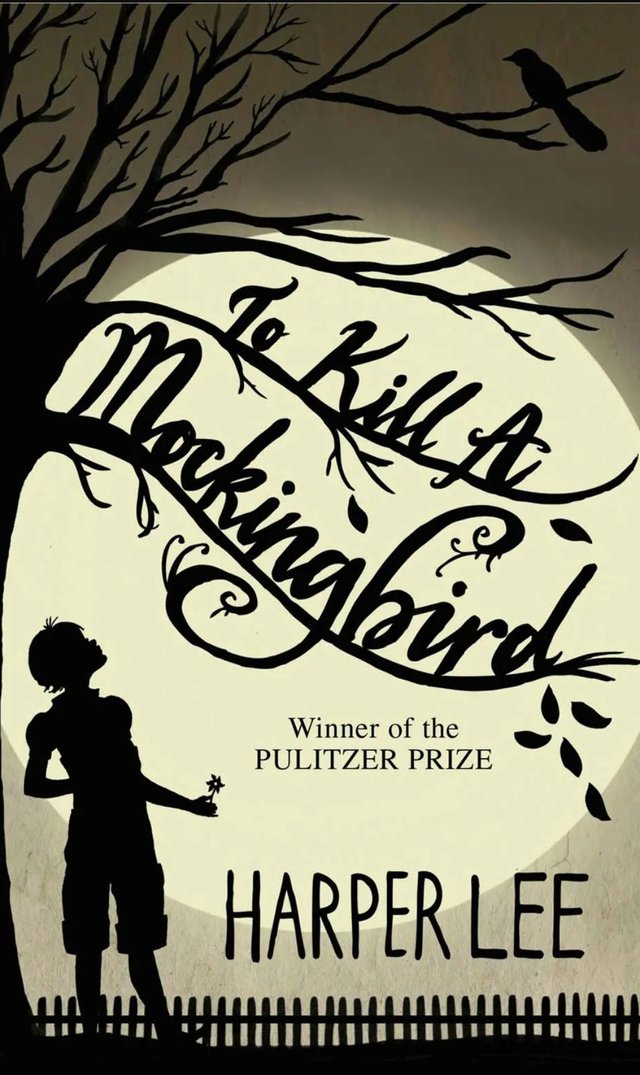
To Kill a Mockingbird: A Timeless Tale of Justice and Injustice
Harper Lee's To Kill a Mockingbird is a Pulitzer Prize-winning novel that has captivated readers for generations. Set in the fictional town of Maycomb, Alabama, during the Great Depression, the story is narrated by a young girl named Scout Finch.
The novel delves into themes of racial injustice, class inequality, and the loss of innocence. At its heart is the trial of Tom Robinson, a Black man falsely accused of raping a white woman. The story is told through the eyes of Scout, who witnesses the prejudice and hypocrisy of the town's residents.
Key Themes and Characters:
- Racial Injustice: The novel exposes the deep-rooted racism prevalent in Southern society during the 1930s. Tom Robinson, a gentle and hardworking man, becomes a victim of racial prejudice.
- Loss of Innocence: Scout and her brother, Jem, gradually lose their innocence as they confront the harsh realities of the world.
- Moral Courage: Atticus Finch, Scout and Jem's father, is a symbol of moral courage. He defends Tom Robinson despite knowing the inevitable outcome.
- The Importance of Empathy: The novel emphasizes the importance of understanding others' perspectives and treating everyone with respect.
To Kill a Mockingbird remains a relevant and powerful work of literature. Its exploration of timeless themes continues to resonate with readers of all ages